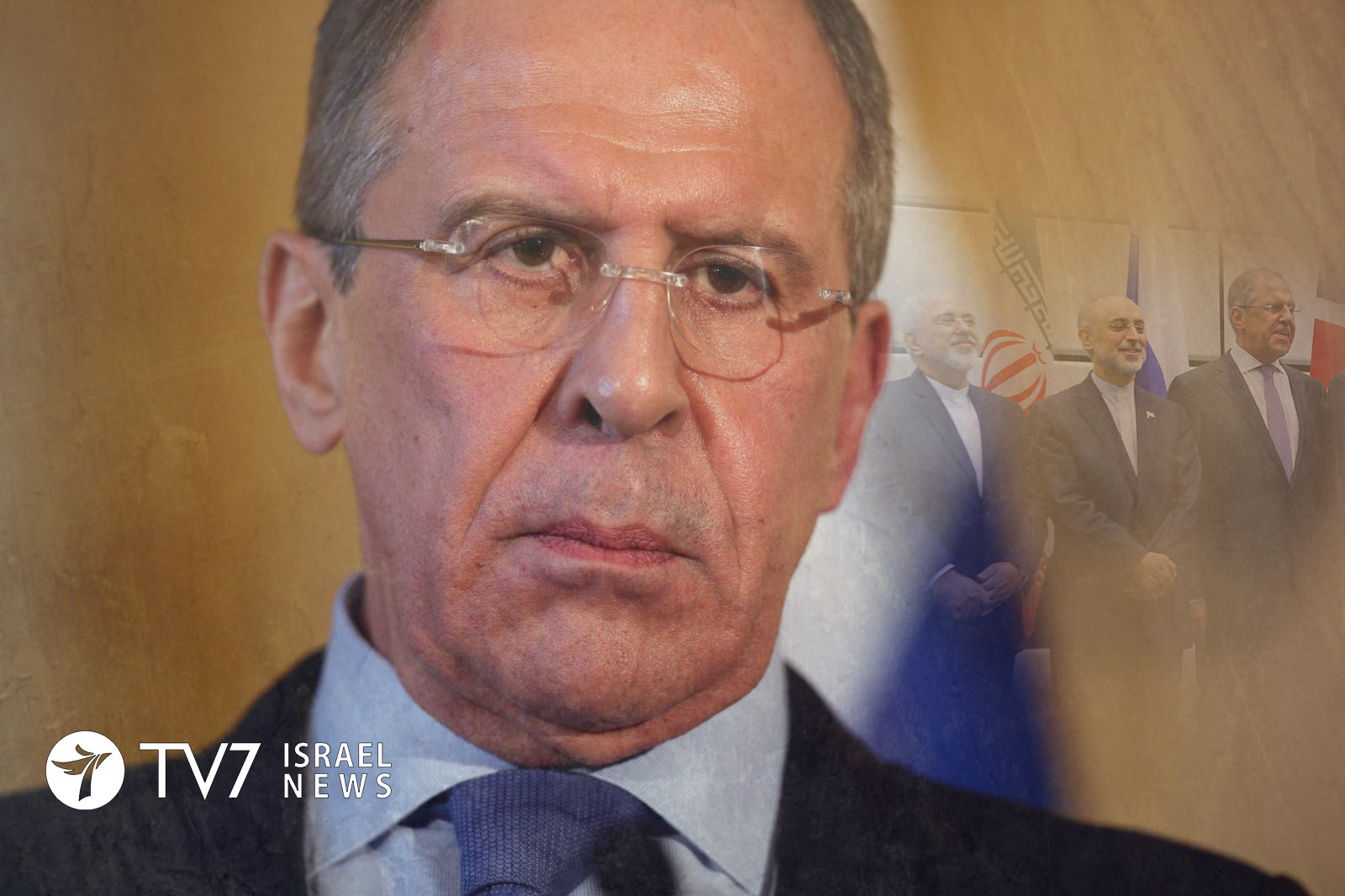Russian Foreign Minister Sergei Lavrov announced that he hoped the Islamic Republic of Iran would not quit the nuclear agreement Tehran reached in 2015 with world powers, in which it pledged to curb its nuclear program in return for lifting of most economic sanctions against it; that after Iranian President Hassan Rouhani declared earlier this week that Iran could abandon the deal “within hours” if the United States would impose any more new sanctions against his country. Lavrov said, “I hope this won’t happen, I hope also that the United States will not violate its obligations on mutual general plan of action,” while adding that “Unilateral sanctions are not legitimate in principle, but when these sanctions are being used to turn in one’s favor a very carefully crafted balance reached while trying to resolve one or another problem – and namely this kind of balance has been reached on the issue of the Iranian nuclear program – I think these actions are reckless and they can damage or destroy this balance. This kind of provocations should not take place.” Moscow has been one of the biggest benefactors of the nuclear agreement, as it profited significantly from the lifting of sanctions, as it signed trade deals with the Islamic Republic, amounting to billions of dollars, primarily in the arms sector. That is why the Russian top diplomat continues to ignore allegations leveled by the United States against Iran for its breach of the nuclear deal. The US allegations point to Iran’s ballistic missile tests, a clear violation of resolution 2231, Paragraph 3 of Annex B, which calls upon Iran “not to undertake any activity related to ballistic missiles designed to be capable of delivering nuclear weapons, (and) including launches using such ballistic missile technology,” for eight years after the adoption date of the nuclear agreement. Since the adoption of the treaty, however, Iran has conducted several ballistic missile tests, which are capable of carrying a nuclear payload; while rejecting any claims of violating the nuclear agreement, considering the wording of the text, which Tehran interprets as an advisory rather than a conclusive demand – thus accusing Washington of violating the agreement with its new sanctions.
